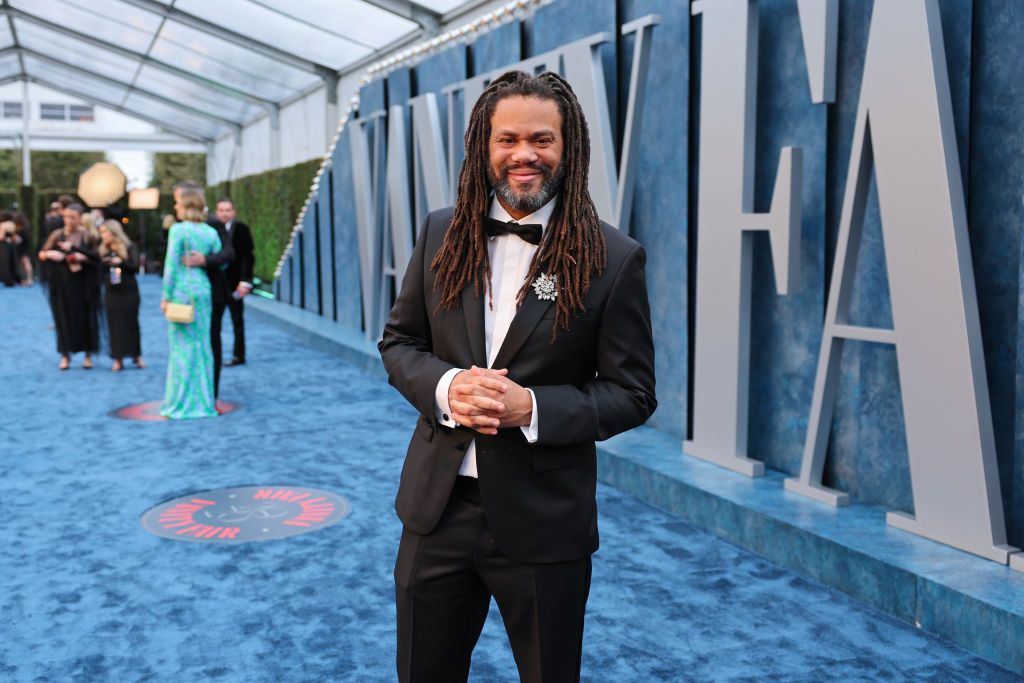
July 16, 2023
Academy of Motion Pictures and Sciences Sends Letter Reinforcing DEI Commitment
The Academy of Motion Pictures and Sciences has sent a letter out to assuage the fears of some of its members following a wave of diversity inclusion and equity exits across Hollywood.
The letter reinforces the academy’s commitment to ensuring that diversity is paramount to what it wants to see in the industry, closing with a firm commitment from Bill Kramer and Janet Yang, the Academy’s CEO and president, respectively.
“Our DEAI-focused work is a continuous journey that requires sustained attention, commitment, and resources across Academy departments,” they wrote. “We will be looking for additional ways to accomplish these efforts, and we are firmly committed to the process. On behalf of the Academy, thank you so much for your support. We look forward to continuing this important conversation.”
The DEI departures seem to be connected to a larger backlash against diversity and inclusion efforts from conservative politicians and groups. Even though Hollywood seems to be populated by a number of liberal actors and directors, on the corporate side it’s a different story. As Steve Ross, professor of history at USC, told the Los Angeles Times in 2017: “Corporate Hollywood tends to be much more conservative and Republican.”
This can be most acutely felt in the current writers and actors strike where it is essentially the studios and their heads, like Disney CEO Bob Iger, against the talent seeking fair compensation and protections against unethical uses of AI in the workplace.
DEI in Hollywood has only been a conversation for about five years. Following an historic Oscar win for Steve McQueen’s film 12 Years A Slave, there were two years of extremely white nomination fields, leading to the quasi-movement #OscarsSoWhite which birthed an organized boycott of the Oscars and an increased focus on diversity.
Franklin Leonard, the creator of the BlackList, a survey of the most-liked movie screenplays that have not been produced, told Variety that he does not completely buy into what the Academy is selling: “Any time you publish diversity numbers for new members without also citing the numbers for the organization as a whole, you’re saying quite a bit.”
Leonard told The Hollywood Reporter that he was done with diversity panels in part because he doesn’t see them as productive on their own and they would have to be part of a larger conversation for him to entertain the idea.
In part, the BlackList exposes Hollywood’s lie of meritocracy in its brief overview of the screenplays; it produces quite a bit of diversity naturally. Perhaps Leonard’s ultimate point is that were Hollywood to have structures valuing diversity naturally, there would not be a need to create committees, panels, and positions dedicated to DEI because diversity and inclusion would already be present as a result of cultivated values.